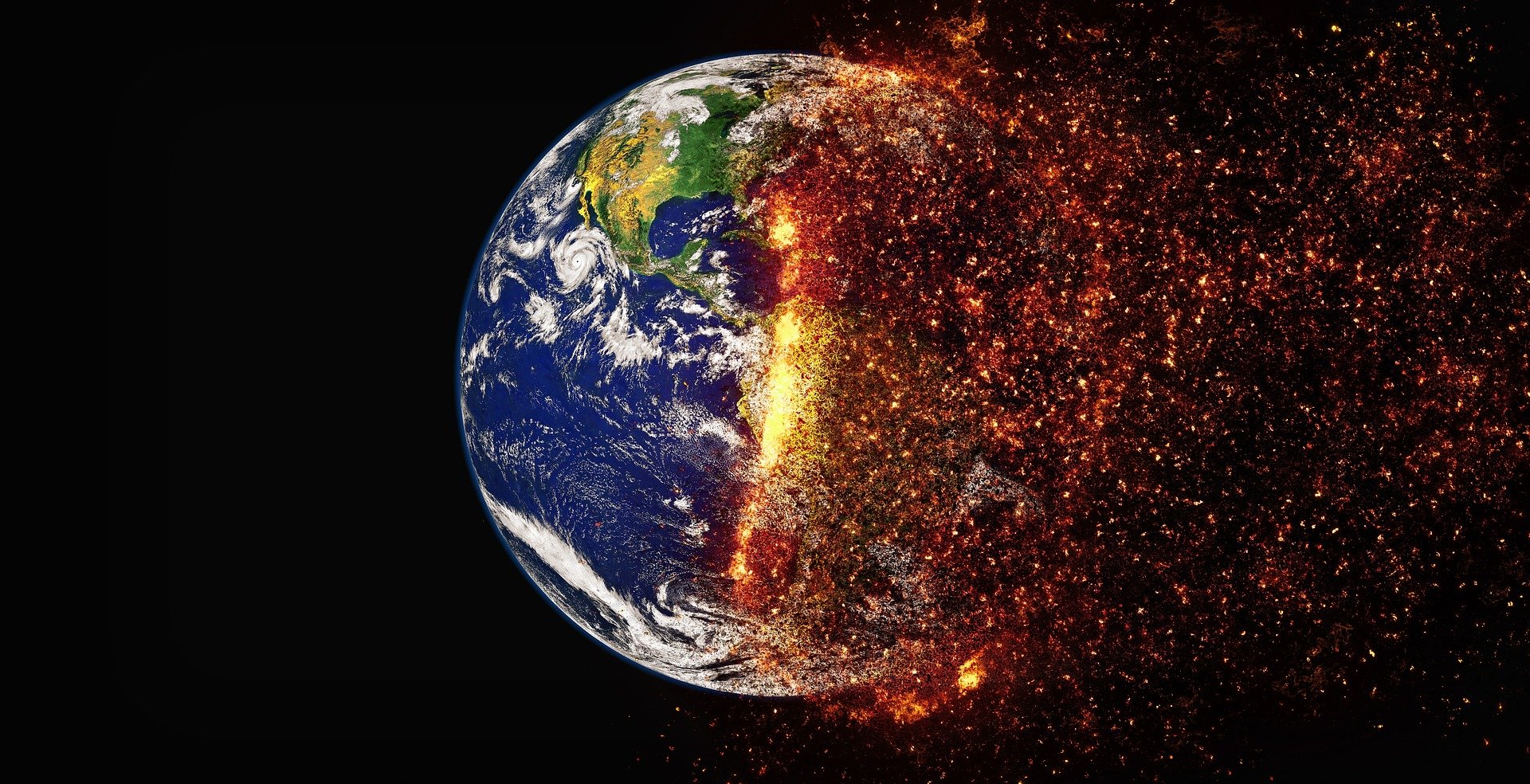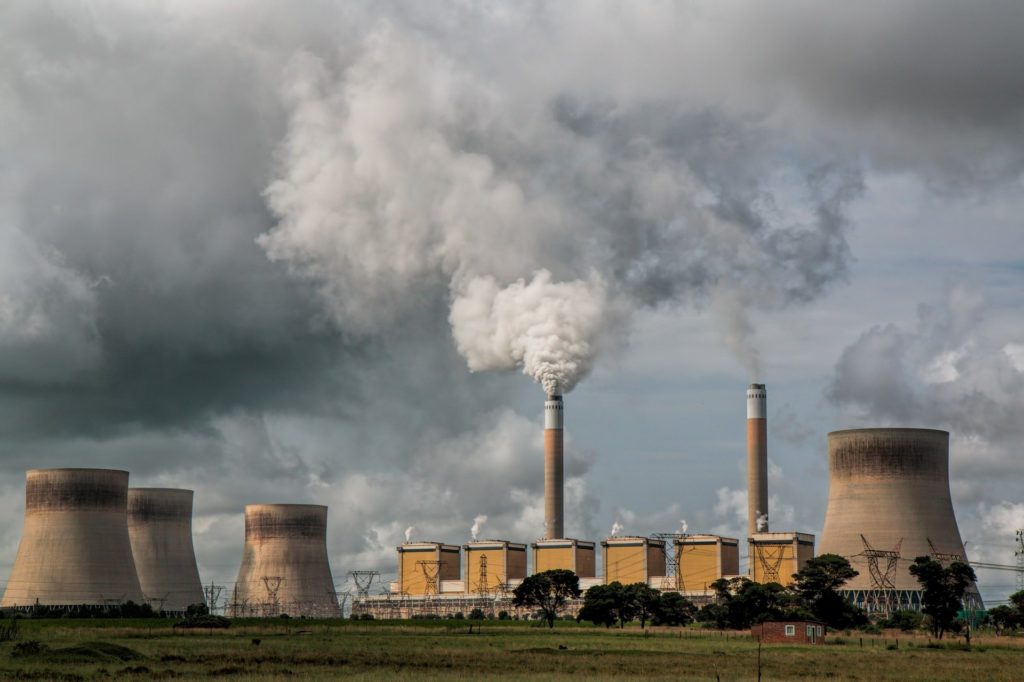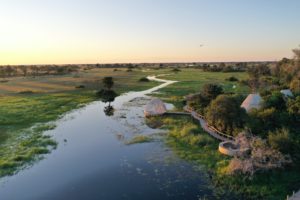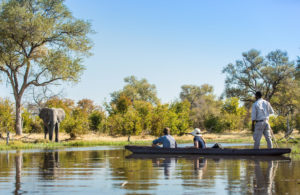
The Climate Crisis: A Planet on the Brink
The likes of climate change and global warming can often be a difficult topic to digest, especially given the sensitive nature of the discussion. Everyone’s heard of it, but many people choose to turn a blind eye to the reality that no longer seems like such a distant threat. While the see no evil, hear no evil approach has offered security and comfort to many-a-sceptics over recent decades, it’s becoming increasingly difficult to bury one’s head in the sand. A mere flick through the television or scroll through social media will most likely be met by one of many recent natural disasters and ecological catastrophes making headlines all around the world.
The Beginning of the End?
The sights of wildfires, flash flooding, tsunamis and earthquakes carry with them a sense of dissociation and fictionality, that is, until they’re seen from outside one’s own window as opposed to a digital display. While once the role of pioneering scientists and activists to turn the tide of public opinion, the Earth has now taken the dominant role in emphasising this change for itself.
The human race has stripped the ship on which it sails of the planks required to float, only this vessel carries with it all living things on Earth, and many compartments are irreversibly flooded, with many quarters that cannot be bailed. This piece aims to observe the effects of human-induced climate change, providing insight and perspective as to how severe the current situation really is, and whether our collective attempts at combating these changes are indeed substantial enough.
The Advent of Human-Induced Climate Change
The mid 18th century saw the dawn of the industrial revolution, ushering in a new age of human expansion and societal shifts, the likes of which had never been seen before. This phenomenal increase in industrial capacity birthed an era of vast human expansion, with urban centres now outnumbering rural areas in population for the first time in history, with a seemingly endless exodus of workers migrating inland, leaving their agricultural lives behind for newly found industrial occupations.
This point in history marked a widespread increase in the use of fossil fuels such as coal; a revolutionary, carbon-rich energy source that powered the many factories, steam trains and ships of the era. This, in-turn, marked the point in which humans began to significantly add to the amounts of carbon dioxide and other greenhouse gases in the atmosphere, causing the first human-derived rise in global temperatures.
Scientists believe that these initial effects of global warming were first illustrated in the Northern Hemisphere towards the end of the 19th century, in a phenomenon known as Arctic Amplification. These warmer climate conditions instigated the first instances of rising sea levels, caused by the melting of ice caps. The beginning of the 20th century saw the widespread adoption of a new era of fossil fuels.





